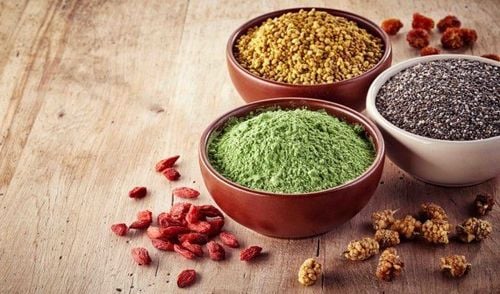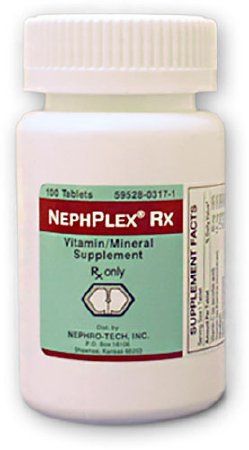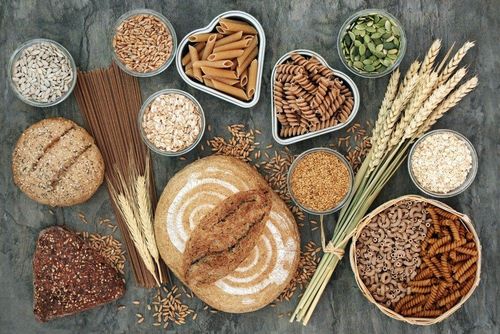This is an automatically translated article.
Grains are often included in the diet of many people, because of their important role in reducing the risk of developing metabolic cardiovascular disease, colon cancer, type 2 diabetes and colonic diverticulosis. Grain foods are diverse and many people tend to consume cereals in place of their daily meals. So should you eat cereal instead of rice completely?
1. What is the effect of eating cereals?
Grains provide many important nutrients, including:
Fiber: the bran in cereals provides most of the fiber Vitamins: In cereals, there are many B vitamins such as niacin, thiamine, folate. Minerals: good variety of minerals such as zinc, iron, magnesium and manganese. Protein: Whole grains contain many grams of protein in their diets. Antioxidants: Many compounds found in whole grains act as antioxidants including phytic acid, lignans, ferulic acid, and sulfur compounds. Plant Compounds: Whole grains are fortified with a variety of plant compounds that have disease-preventing functions. These include polyphenols, stanols, and sterols.

Ngũ cốc có nhiều thành phần dinh dưỡng, nhất là chất xơ
1.1 Reduce the risk of heart disease
A review of 10 studies found that eating 28 grams of whole grains per day can reduce the risk of heart disease by 22%.
The researchers concluded that a heart-healthy diet should have more whole grains and less refined grains. Most studies lump different types of whole grains together, making it difficult to distinguish the benefits of each. However, whole grain breads and cereals are associated with a reduced risk of heart disease
1.2 Reduce the risk of stroke
Whole grains may also help lower your risk of stroke, plus some compounds found in whole grains, such as fiber, vitamin K, and antioxidants, may help reduce it. stroke risk.
Whole grains are also recommended in the DASH and Mediterranean diets, both of which may reduce the risk of stroke.

Bổ sung ngũ cốc trong chế độ ăn sẽ ngăn ngừa tình trạng đột quỵ
1.3 Reduce the risk of obesity
Eating foods rich in fiber can keep you full for longer and limit overeating. Whole grains and products made from them often provide a feeling of fullness longer than refined grains
In fact, eating 3 servings of whole grains daily is associated with a lower body mass index (BMI) and less belly fat, results in a review of 15 studies involving nearly 120,000 people
1.4 Reduce the risk of type 2 diabetes
Whole grains themselves are rich in fiber, which helps control weight and prevent obesity, a risk factor for diabetes.
Furthermore, studies have linked eating whole grains to lower fasting blood sugar and improved insulin sensitivity. This may be due to magnesium, a mineral found in whole grains that helps the body metabolize carbs and is involved in insulin sensitivity.
1.5 Supports healthy digestion
The fiber in whole grains helps support a healthy digestive tract in a variety of ways. First of all, fiber creates bulk in the stool and reduces the risk of constipation. Second, certain types of fiber in whole grains act as prebiotics. This is meant to help provide your gut with beneficial bacteria, which are important and essential for digestive health.

Hàm lượng chất xơ cao trong ngũ cốc giúp hạn chế táo bón
1.6 Reduces chronic inflammation
Inflammation is the root of chronic diseases. Some studies suggest that whole grains can help reduce inflammation, and that women who eat more whole grains are less likely to die from chronic diseases related to inflammation.
1.7 May reduce cancer risk
Studies show strong anti-cancer benefits of whole grains for colorectal cancer, one of the most common types of cancer.
In addition, the composition of cereals also contains phytic acid, phenolic acid and saponin, which can slow down the growth of cancer
1.8 Reduced risk of death
Scientists have shown that each serving of about 28 grams of whole grains can reduce the risk of death by less than 5%. The study used data from two large cohort studies, adjusting for other factors likely to influence mortality, such as smoking, body weight and overall dietary pattern.
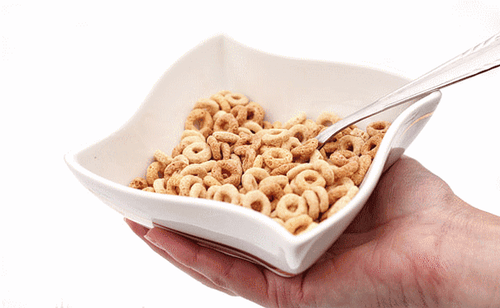
Ăn ngũ cốc thường xuyên giúp bạn kéo dài tuổi thọ
2. Should you eat cereal instead of rice completely?
Whole grain consists of 3 main parts:
Bran: The hard outer layer of the grain, containing fiber, starch, minerals and antioxidants. Sprout: A nutrient-rich core that contains carbs, fats, proteins, vitamins and minerals, antioxidants, and various phytonutrients. The germ is the embryo of the plant and the part that gives rise to a new plant. Endosperm: The largest part of the seed, containing mainly carbs (in the form of starch), proteins, fats, and sugars. A refined grain that has had the bran and germ removed, leaving only the endosperm. Some grains (such as oats) are often eaten whole, while others are often eaten refined.
There are many grains that are mainly consumed after they have been ground into a very fine flour and processed into another form.
There are two types of grains that you still use often, whole grains and refined grains. The rice that we often eat is a grain of the refined grain category.
Refined grains are processed or milled to remove the bran and germ layers. The result is a food with a finer texture that may be more visually appealing to many consumers. These foods usually last longer. The milling process removes the core that provides fiber, iron and B vitamins, along with some phytonutrients and phytonutrients.
Nutrient-rich grains are those that have some, but not all, nutrients added back after processing. In general, the B vitamins, including thiamin, riboflavin, niacin, folic acid, and iron are returned to food. However, fiber is not added back in fortified cereals so that they maintain their smooth texture.
Refined and enriched grain products provide the body with quick energy, as they are broken down faster than whole grains in the body.
Means you will feel hungry faster than when eating whole grains
According to the USDA, the daily recommended amount of cereals for each person is as follows:
Children (including boys and girls) under 18) 85 - 227 grams Women 141 - 170 grams Men 170 - 227 grams The dietary guidelines provided by the USDA suggest that at least half of all the grains we eat should come from whole grains. whole grain cup. So if you consume 170 grams of whole grains per day, then a third of that should be from whole grain foods.
Consuming more whole grains will help you meet the recommended fiber intake. Current guidelines suggest that adults under 50 consume between 25 and 38 grams of fiber per day, while adults over 50 aim for 21 to 30 grams per day.
However, not everyone can afford cereal. People with celiac disease or gluten sensitivity need to carefully avoid grains that contain gluten (a protein in wheat). Gluten-free grains include corn, buckwheat, millet, amaranth, quinoa, rice, and more.
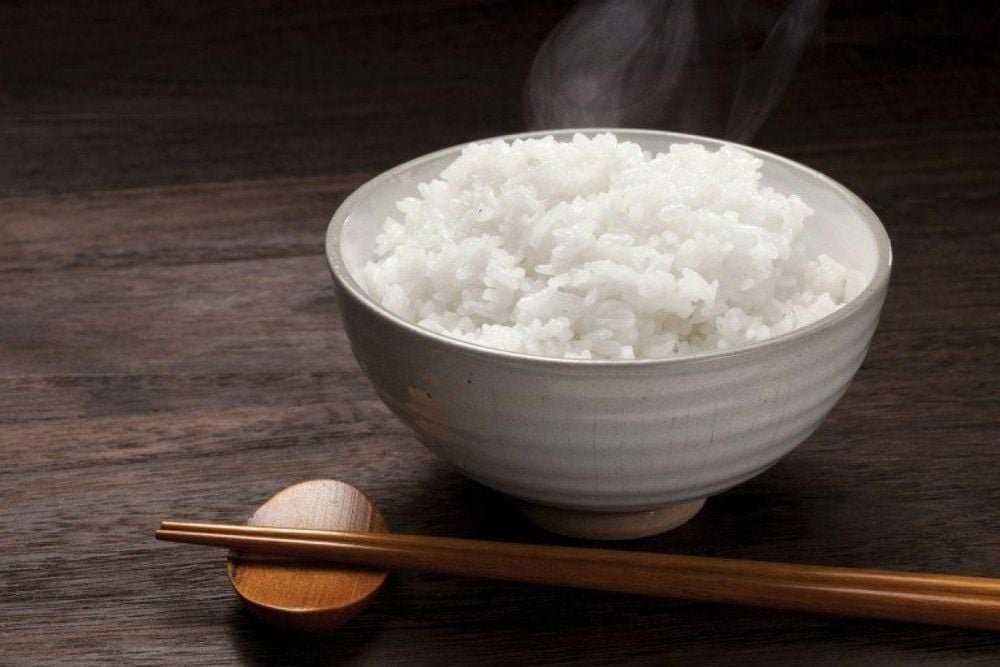
Ăn ngũ cốc thay cơm hoàn toàn có thể không phù hợp với một số trường hợp
Also, people who follow a low carb diet are also careful about consuming grains, as grains provide carbohydrates. People vary in the total amount of carbohydrates they can tolerate. People who are following a low-carb diet, for their weight or health, should limit the starchy foods they eat as much as possible. Whole grains provide more fiber and less starch.
In fact, the American Diabetes Association recommends that if you're going to eat whole grain foods, choose the most nutrient-dense varieties, specifically whole grains.
Just a few small changes to your diet can have significant health benefits. Replacing certain refined grains with whole grain foods is one of them. Not only do whole grains provide better nutrition, but refined grain foods are often high in added sugars, sodium, and fats.
That said, not all refined grains are bad, but if possible you should include some whole grains in your diet instead of whole grains.
In fact, in order to have a healthy body, in addition to maintaining a scientific diet and lifestyle, we should also actively check health periodically to detect abnormalities early in order to adjust accordingly. fit.
Vinmec International General Hospital has developed a general health checkup package for all subjects and different ages. The examination helps the doctor understand the current health status, thereby giving the best advice to have a healthy body, minimizing the risk of dangerous diseases.
The examination is always performed by a team of highly qualified and experienced doctors, so customers can be assured of the quality of the examination.
Please dial HOTLINE for more information or register for an appointment HERE. Download MyVinmec app to make appointments faster and to manage your bookings easily.
Reference source: healthline.com - webmd.com - verywellfit.com






